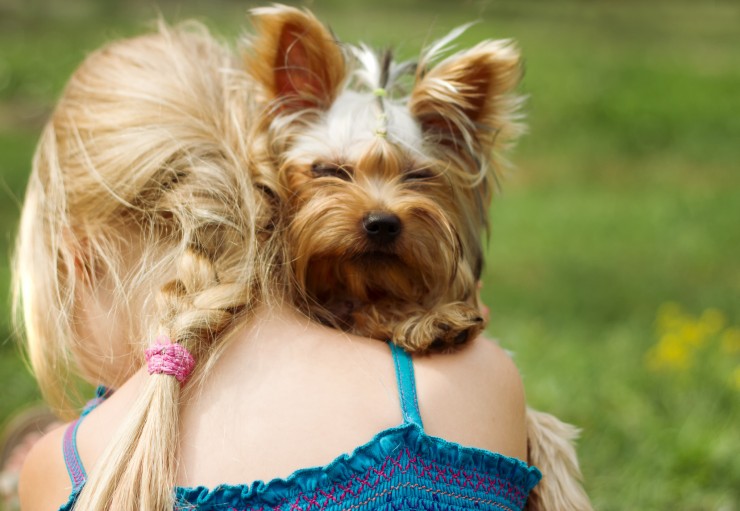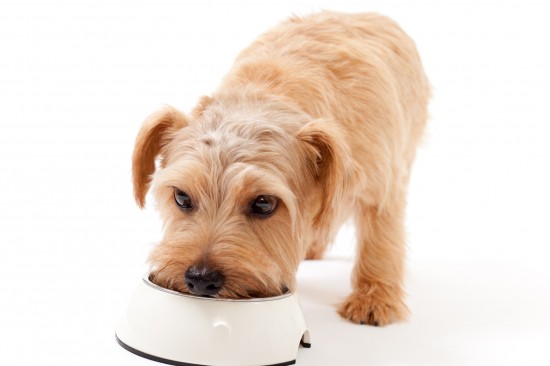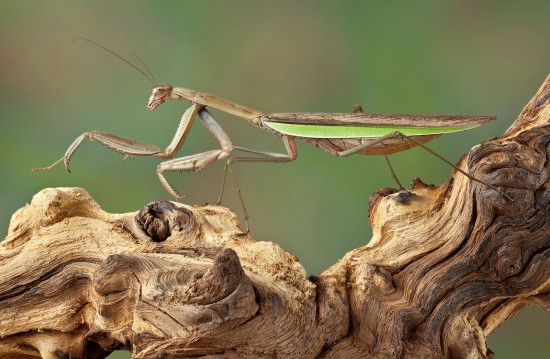

Horses are strong animals and considered as a very good companion. They are social animals who like interacting with people. But if you are planning to buy a horse, you should be aware of the fact that it requires regular care. One should be ready to invest a good amount of time and money in their care. Horses must be fed regularly with quality food. Since they are grazing animals, they prefer eating whole day. So, if you have a horse, you should make sure that you feed it at least twice a day. A horse's diet mainly depends on its physic and the amount of physical activities it does in a day. when it comes to treating horse ulcer, diet plays an important role. Horse ulcer is usually caused by infection in the digestive system. These days, digestive tract ulcers are very common in horses. This is what makes it necessary to diagnose them on a regular interval of time. Ulcers can develop in the upper and lower part of the stomach. If ulcer is not treated on time, it can make your horse dull and weak, affecting its physical health, speed and overall performance.
Besides wholesome diet, there are many other reasons that can lead to ulcers in horses. It has been seen that too much exercise generally increases the amount of acid in the body. Apart from this, extreme training sessions, a delay in the daily feed and high stress levels can also result in developing ulcer. Since there are different reasons for the development of ulcer, the treatment should also be done accordingly. It is generally said that prevention is the best treatment. But if ulcer is already there, the only option left is to treat it effectively. Firstly, the owner should look for general equine ulcer symptoms in horse. Poor or diminished diet is the main reason and should not be neglected at all because low quality diet can cause irreparable harm to the horse's body. Apart from this, frequent pawing, mental dullness and lying down more than usual can also be signs of ulcer. In some cases, excessive salivation, a pot-belly and teeth grinding have also been seen in horses with ulcers.
Nowadays, specially processed nutritional supplements for horses are available in the market. They not only help in ulcer treatment, but also strengthen the digestive tract of horse. These supplements contain a combination of prebiotics, essential minerals and vitamins.
 When Dogs Dont Get Along Together
When Dogs Dont Ge
When Dogs Dont Get Along Together
When Dogs Dont Ge
 Can Owning A Dog Help Prevent Kids Developing Asthma?
Can Owning A Dog
Can Owning A Dog Help Prevent Kids Developing Asthma?
Can Owning A Dog
 Important Minerals & Their Role In The Canine Diet
Important Mineral
Important Minerals & Their Role In The Canine Diet
Important Mineral
 Is A Praying Mantis The Right Pet For You?
Is A Praying Mant
Is A Praying Mantis The Right Pet For You?
Is A Praying Mant
 Why Is My Goldfish Bullying His Tank Mates?
Why Is My Goldfis
Why Is My Goldfish Bullying His Tank Mates?
Why Is My Goldfis
Copyright © 2005-2016 Pet Information All Rights Reserved
Contact us: www162date@outlook.com